Idea by
Lukas Pauer
Call for ideas 2016
Equipping Walls
Equipping Walls
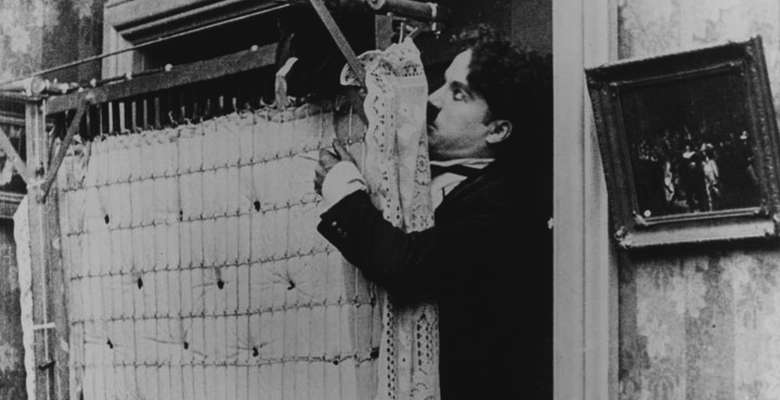
As the percentage of closet space in Western homes has risen over the course of the past century, we give away part of the spaces we live in to auxiliary purposes with the promise of ameliorating our lives. Taking space away from a room and giving it over to storage is supposed to make use of the remaining space more productive. But how far should one go in converting usable space into auxiliary space, and what happens when the quantity of the latter begins to overtake that of the former?
This project shall investigate the variety of ways in which this fact can be addressed by spatial practitioners: surface ‘depth’, the ‘equipped wall’, the ‘habitable wall’, the ‘thickened wall’, and the ‘poché’ probes the often unseen parallels in strategies for surface enlargement and innovations in the construction of space. This awareness of a transformative approach to emptying out interior space in order to convey a sense of emptiness is recent, and its legacy often overlooked.
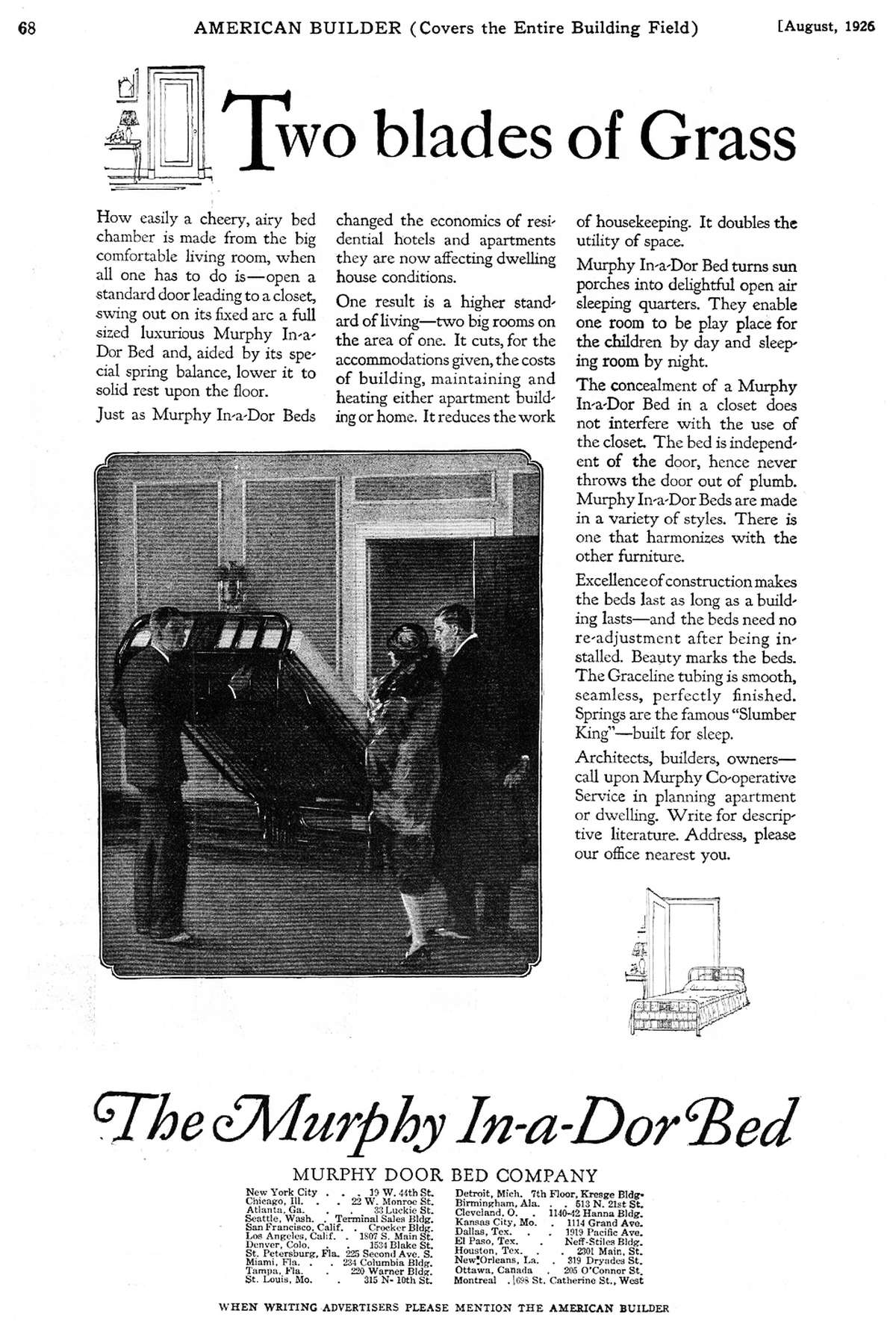
The Murphy In-A-Dor Bed was a mechanized and, therefore, more economic version of the convertible bed.
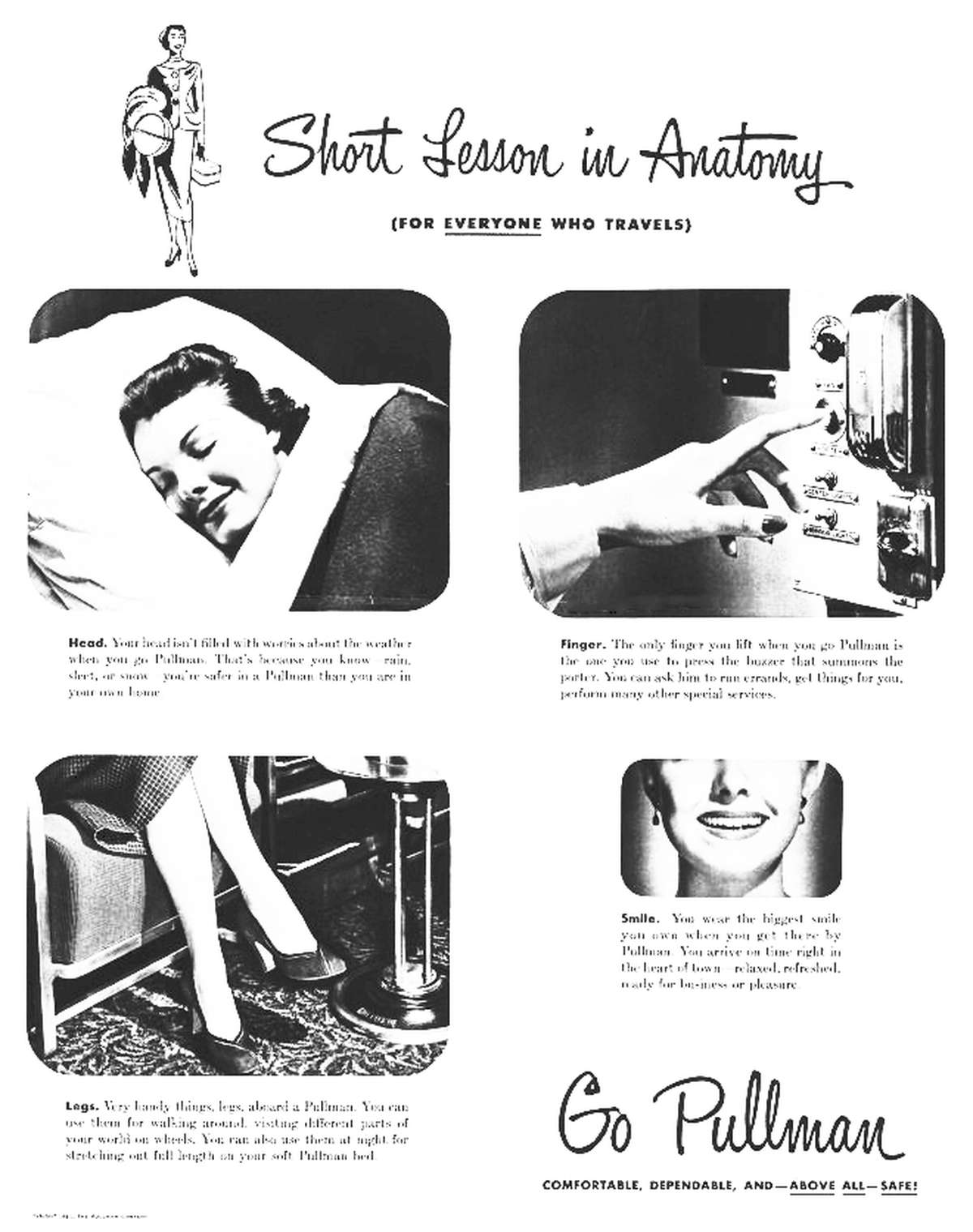
Turned into seats when folded down, the Pullman Car contained beds for passengers, allowing them to sleep on cross-country trips.
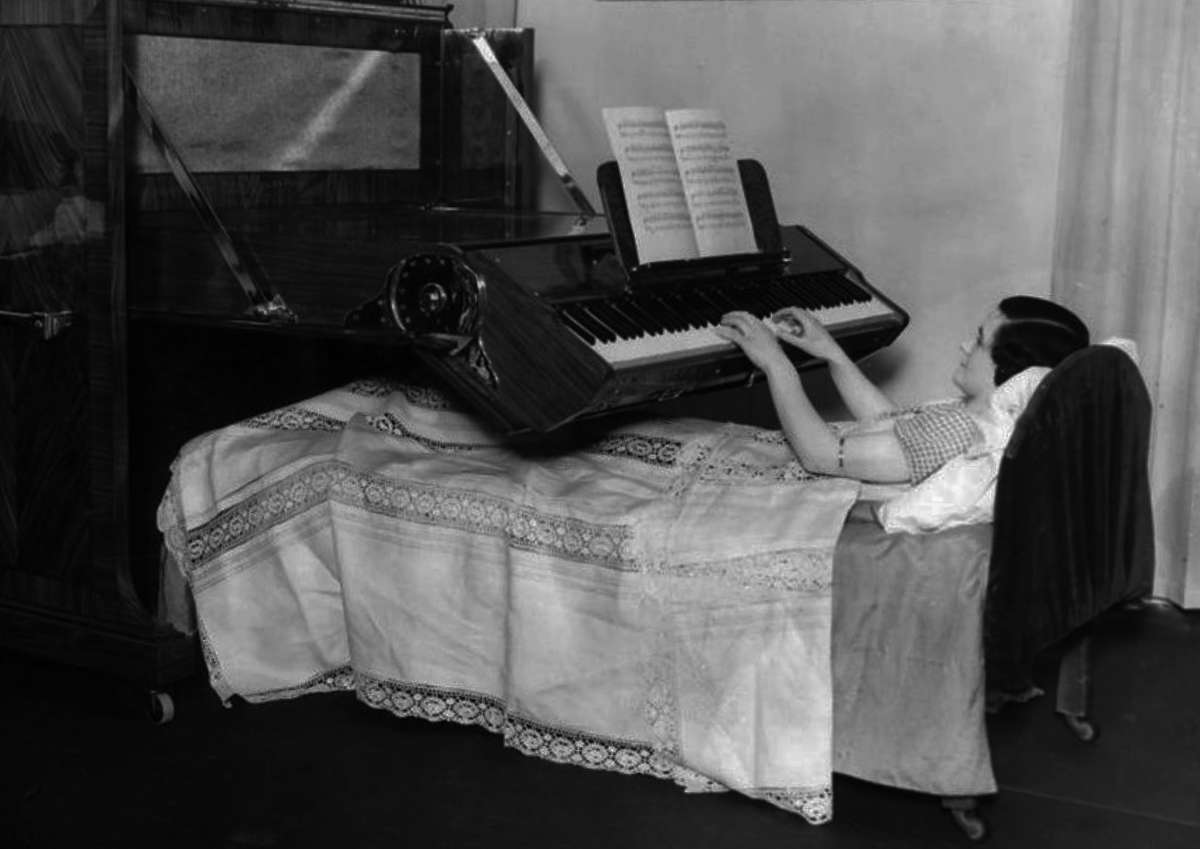
Foldaway and pull-down beds were combined with fireplaces, pianos and desks.
Equipping Walls
Equipping Walls

As the percentage of closet space in Western homes has risen over the course of the past century, we give away part of the spaces we live in to auxiliary purposes with the promise of ameliorating our lives. Taking space away from a room and giving it over to storage is supposed to make use of the remaining space more productive. But how far should one go in converting usable space into auxiliary space, and what happens when the quantity of the latter begins to overtake that of the former?
This project shall investigate the variety of ways in which this fact can be addressed by spatial practitioners: surface ‘depth’, the ‘equipped wall’, the ‘habitable wall’, the ‘thickened wall’, and the ‘poché’ probes the often unseen parallels in strategies for surface enlargement and innovations in the construction of space. This awareness of a transformative approach to emptying out interior space in order to convey a sense of emptiness is recent, and its legacy often overlooked.
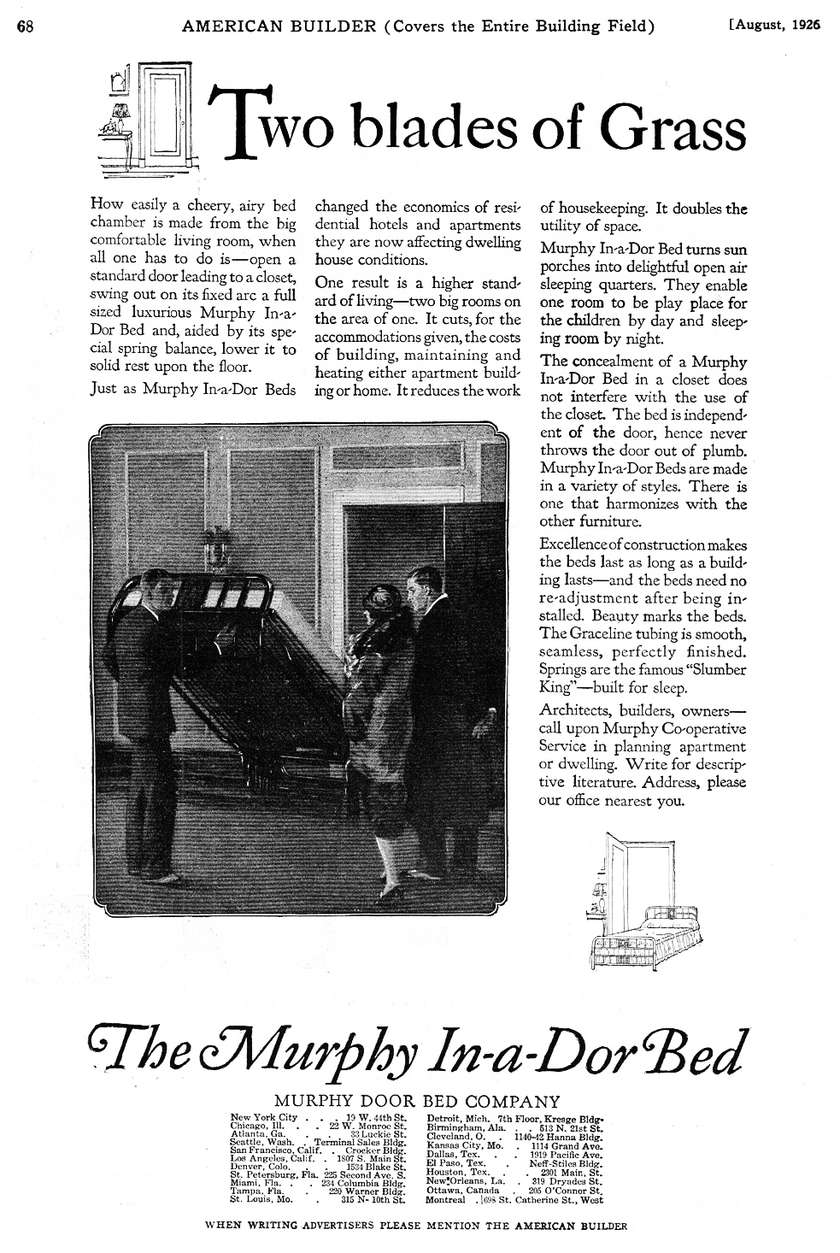
The Murphy In-A-Dor Bed was a mechanized and, therefore, more economic version of the convertible bed.
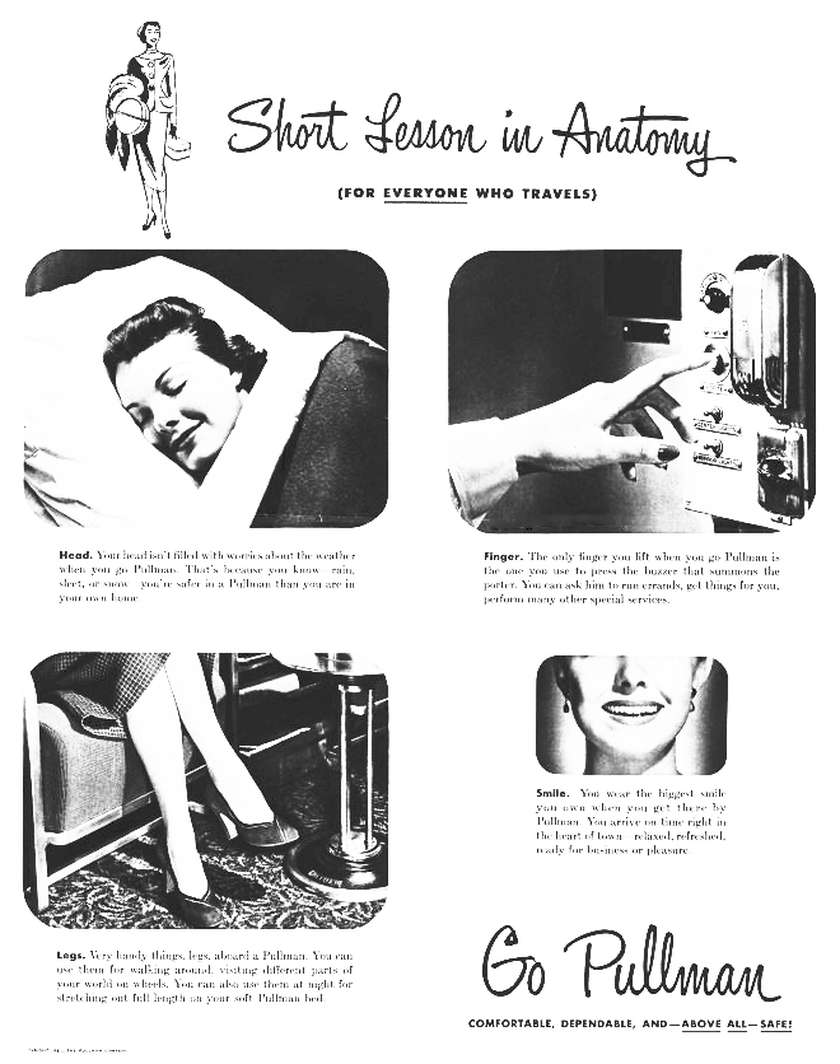
Turned into seats when folded down, the Pullman Car contained beds for passengers, allowing them to sleep on cross-country trips.
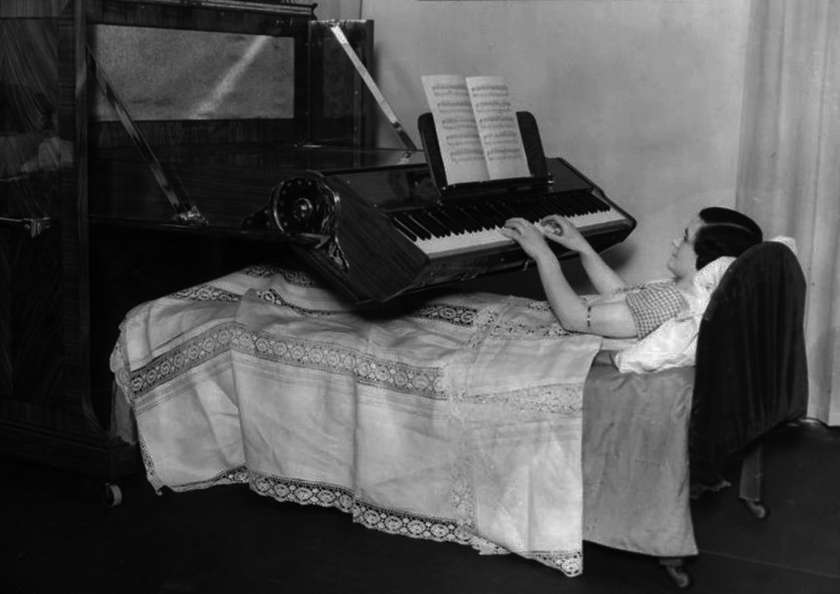
Foldaway and pull-down beds were combined with fireplaces, pianos and desks.